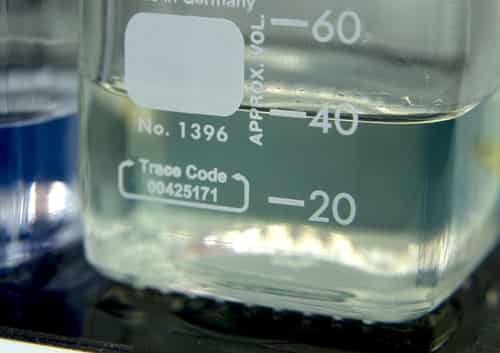The quest for healthier eyes is frequently bound up with the question, “Does vitamin A help dry eyes?” This contention arises from the pivotal role that vitamins play in health maintenance.
Understanding Dry Eyes
Dry eyes constitute a common condition that surfaces when an individual’s tears are unable to provide ample moisture for the eyes. This insufficiency can stem from multiple facets like inadequate tear production, intensified tear evaporation, or an imbalance in tear composition. Dry eyes could lead to discomfort, visual disturbances, and tear film instability, possibly damaging the cornea.
The Role of Vitamin A in the Eye
A crux to the matter lies in a simple vitamin – vitamin A. This nutrient is an essential part of a healthy diet, playing a crucial role in vision by maintaining a clear cornea, which is the outside covering of the eye. It’s also a component of rhodopsin, a protein in the eyes that allows for seeing in low light conditions.
Vitamin A and Dry Eyes: The Connection
Does Vitamin A help dry eyes then? Evidence suggests it might. Some studies suggest that vitamin A eye drops are as effective as prescription eye drops and without the side effects. Even more, these drops may be a viable choice when other types of treatment for dry eyes haven’t worked.
| Role of Vitamin A | Effect on Dry Eyes |
|---|---|
| Vision maintenance | Improved eye health and potentially fewer symptoms of dry eyes |
| Healthy cornea support | Decreased risk of corneal damage |
Vitamin A oral supplements may also be an effective adjunct treatment for dry eyes, but they should be taken under the supervision of a healthcare provider due to potential toxicity with overuse. Foods rich in vitamin A, such as sweet potatoes, spinach, and carrots, can be an excellent addition to the diet for those suffering from dry eyes.
However, it’s important to bear in mind that while vitamin A can aid in alleviating symptoms of dry eyes, it shouldn’t be seen as a sole treatment. Dry eyes can be a symptom of other underlying conditions that should be treated by a healthcare professional.
The Verdict
Answering the question, “Does Vitamin A help dry eyes?” results in a cautious affirmative, with each individual’s treatment to be approached in a comprehensive manner. Taking vitamin A, either through diet, supplements or eye drops, might help maintain eye hydration and reduce symptoms of dry eyes. Nonetheless, any treatment should be undergone after proper consultation with a healthcare provider.
In summary, seeking a balanced diet, reaching for essential vitamins such as vitamin A, maintaining a well-hydrated body, shielding the eyes from extreme conditions, and regular check-ups are all fundamental in the fight against dry eyes.



